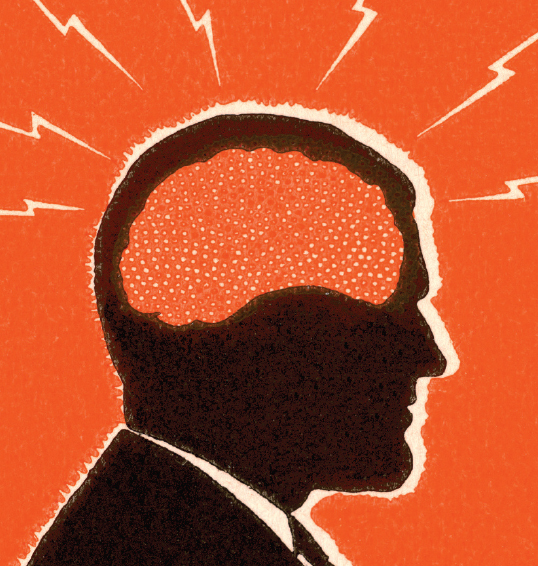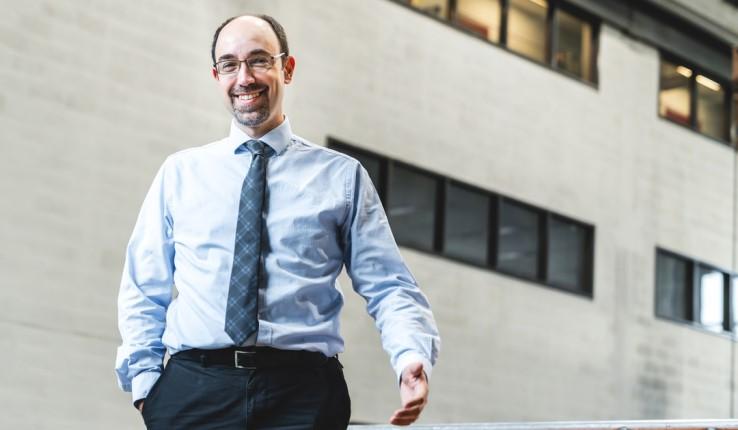That experience helped shape Kiss’s subsequent research, which focuses on the role of founders and CEOs in processes of firm adaptation, a particularly significant factor in a business landscape that requires constant innovation and agility. Researchers know more about the resources and structural and contextual requirements necessary for the innovative pursuits of firms, Kiss says, but they know comparatively less about the cognitive profiles of firm leaders—those making the decisions that lead to innovation.
“When we look at the popular business press, it abounds with headlines that use words such as bold, aggressive, visionary, proactive,” she says. “But, in reality, we lack large-scale systematic, cross-country investigations into various CEO characteristics: aspects related to their mental models and their personalities, and firms’ innovative outcomes.”
Based on the assumption that organizations are extensions of their managers, Kiss explains, a manager’s mental model, or mindset, and her personality is reflected in the actions a firm takes.
Kiss’ earlier research explored the role of cognitive complexity and mental model centrality on the actions of a firm, including the speed of new product development. Her findings suggest that different aspects of a manager’s cognition are related to different types of action taken by the firm, she explains, and these relationships cannot be viewed in isolation from the environment in which the firm competes.
“This is not just the firm’s playing field,” she says. “It is also the decision maker’s or the CEO’s information processing field that will shape his cognition.”
More recently, Kiss has been examining the concept of cognitive flexibility and its role in allowing firms to simultaneously pursue exploratory and exploitative innovation. Here, she’s uncovering an intervening mechanism in the relationship between a manager’s disposition and the actions of a firm.
“[This work] allows us to push forward research on this topic and bring a little bit more clarity to this idea that CEO personality and CEO cognition matter,” Kiss says. “[We seek to] show how it matters and when it matters.”
WHY IT MATTERS: Kiss’s work contributes to the understanding of how and when the cognitive profiles of top managers impact the innovative pursuits of firms.





